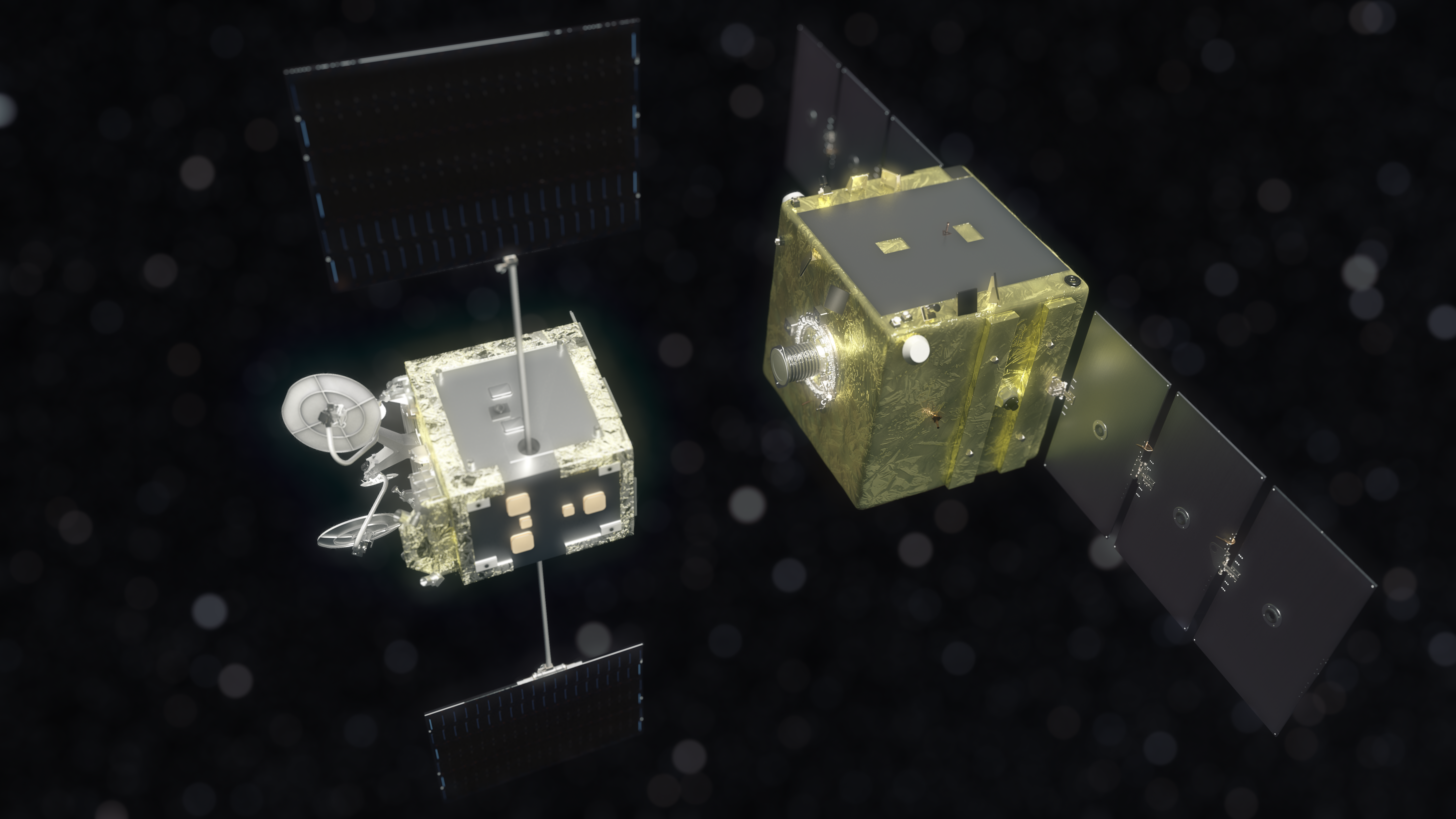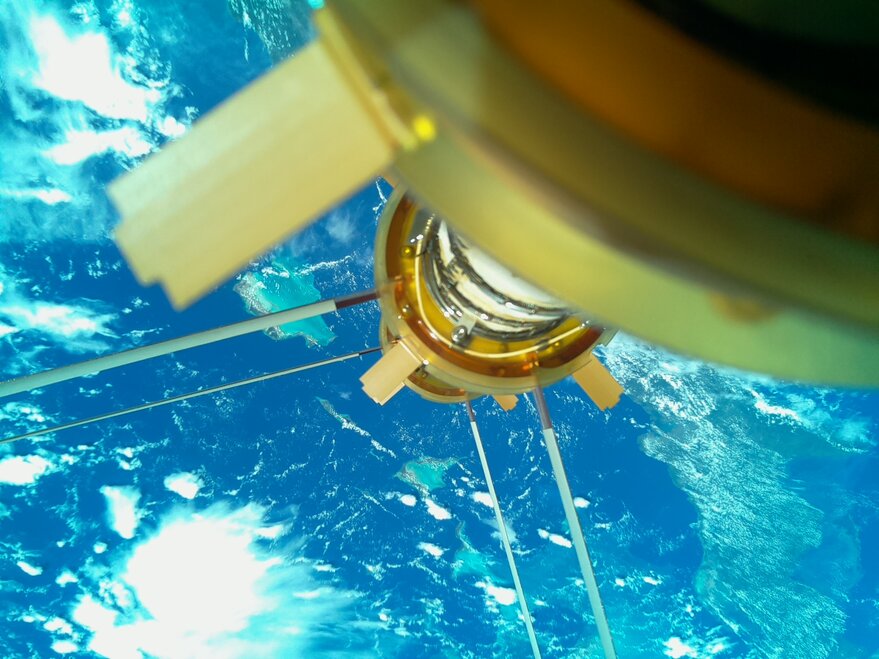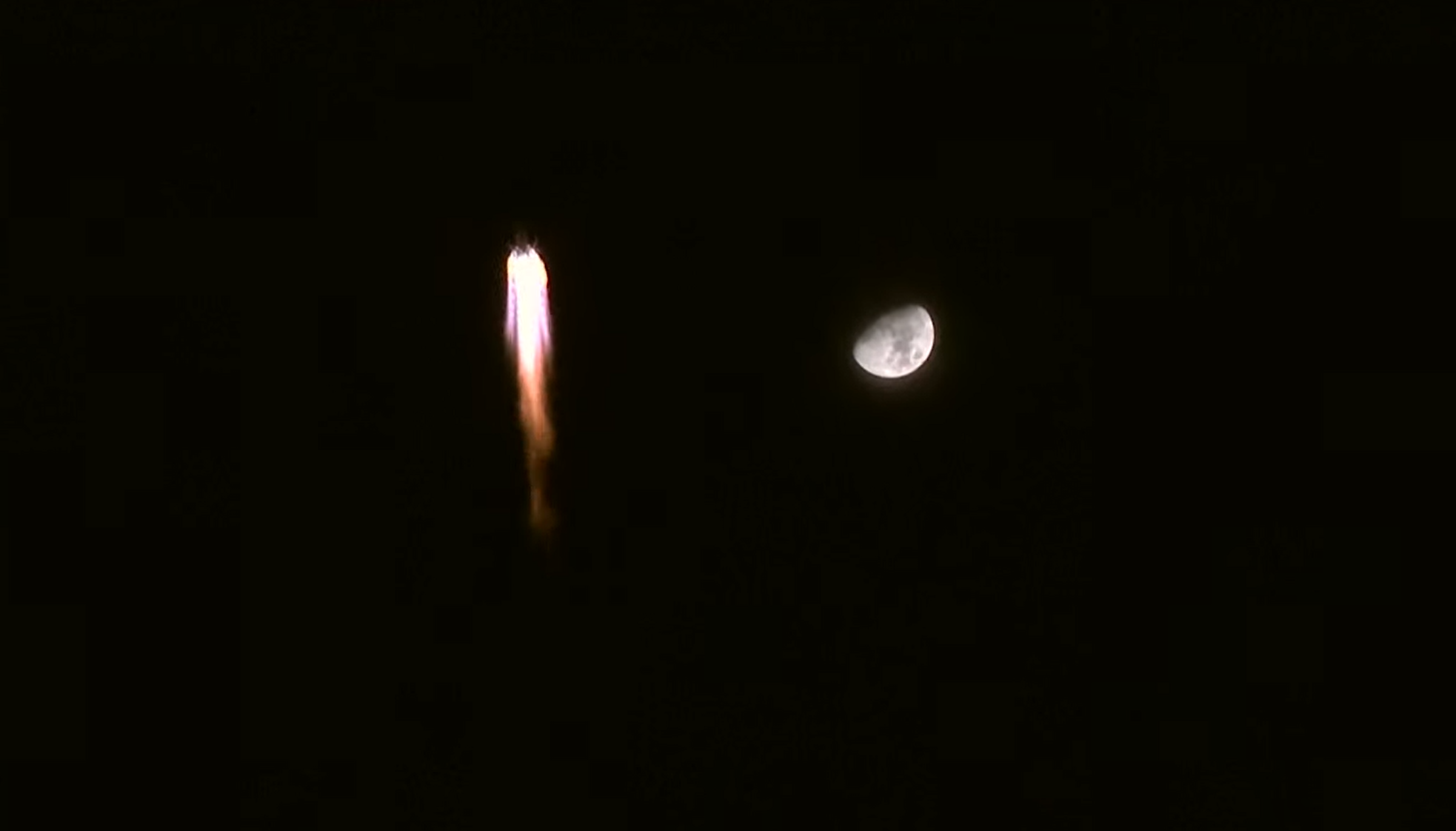TAMPA, Fla. — Astroscale has received the remaining government funds needed for a 2026 demo mission to remove a defunct OneWeb broadband satellite from low Earth orbit (LEO).
The Japan-based venture said July 22 its British subsidiary secured around $15 million from the UK Space Agency and the European Space Agency to support the last and fourth phase of ELSA-M, or End of Life Services by Astroscale-Multiple mission.
Phase four covers the assembly, integration and testing of an ELSA-M flight model with a capture mechanism compatible with magnetic docking plates on most of U.K.-based OneWeb’s more than 600 satellites in LEO.
The final chunk of funding also supports the servicer’s launch, in-orbit commissioning and operations for the capture and de-orbit mission, which Astroscale would conduct from a facility in Harwell, England.
The funding is in addition to around 18 million euros ($20 million) of earlier government support for ELSA-M phases one to three.
Astroscale had aimed to conduct the demo mission this year after receiving a detailed design and development contract in 2022 as part of phase three.
However, OneWeb — which was sold to French fleet operator Eutelsat last year — only recently received a contract as part of its public-private partnership with the European Space Agency to advance the mission with Astroscale.
Astroscale UK managing director Nick Shave said ELSA-M will seek to remove a OneWeb satellite already in orbit that is no longer in service, but did not provide details.
Although ELSA-M is designed to de-orbit more than one satellite in a single mission, he said the servicer will also be put on course to burn up in the Earth’s atmosphere within five years of completing the demonstration.
The ELSA-M servicer is designed to capture spacecraft up to 800 kilograms and would be about four times the size of a current generation OneWeb satellite, which is the size of a small washing machine and weighs roughly 150 kilograms
Meanwhile, a separate Astroscale spacecraft is continuing to inspect a Japanese upper stage left in LEO, despite an attitude anomaly earlier in the Active Debris Removal by Astroscale-Japan (ADRAS-J) mission for Japan’s space agency.
The UK Space Agency is also still deciding whether to pick Astroscale or Switzerland-based rival ClearSpace to remove a pair of derelict satellites in 2026 with a single servicer. Both ventures completed system requirement reviews last year for the potential mission.
Astroscale’s shares have gradually declined to around 710 yen ($4.52) after rocketing more than 61% from 850 yen ($5.46) to 1,375 yen on their first day of trading on the Tokyo Stock Exchange June 5.



